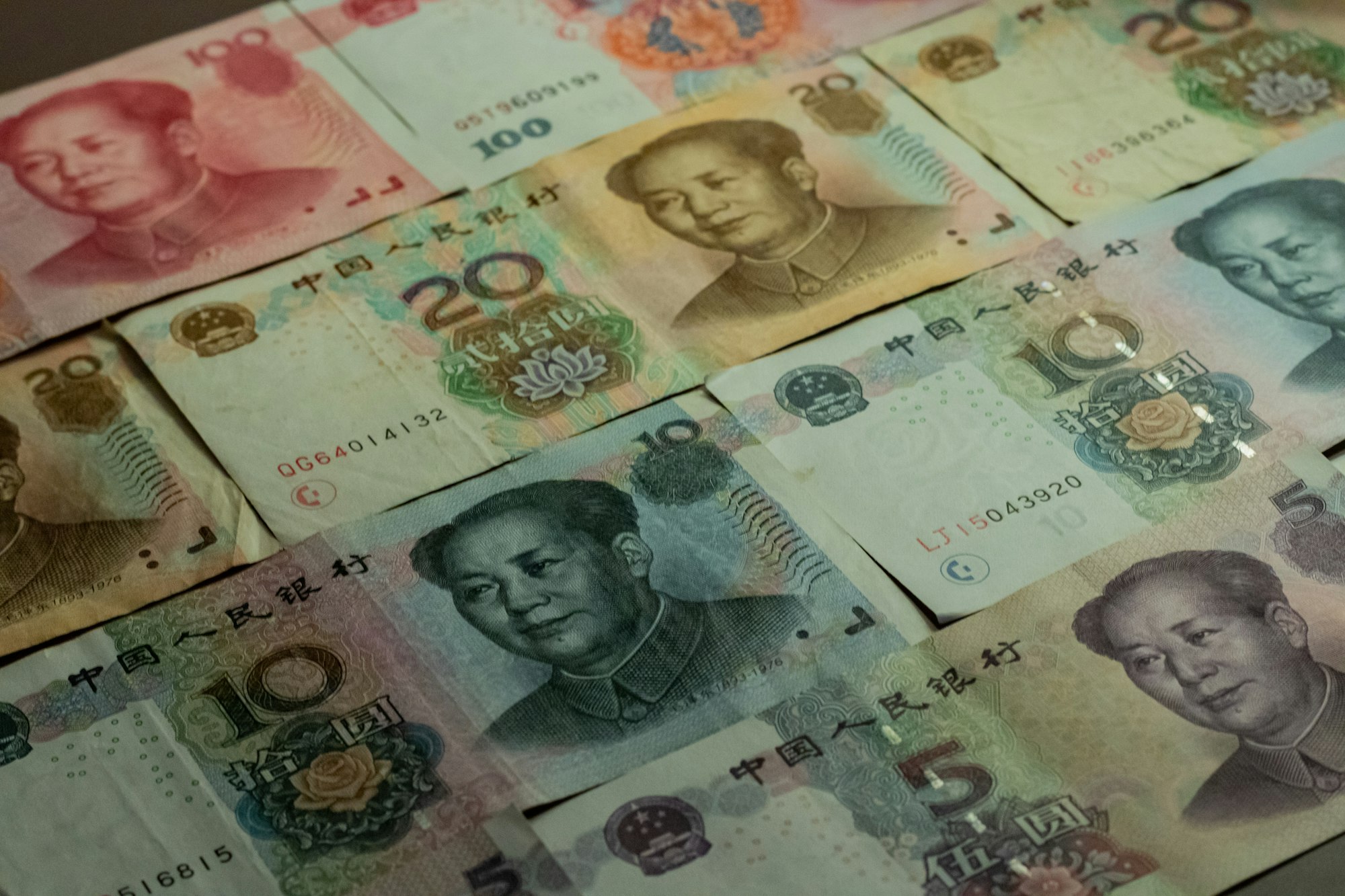Table of Contents
Yao Qian, the former head of China’s central bank digital currency (CBDC) research institute, has been expelled from the Communist Party of China (CPC) and removed from his public office after being implicated in a wide-reaching corruption scandal, according to a local media report.
Yao, a key figure behind China’s digital yuan initiative, has been accused of abusing his regulatory powers for personal gain, including accepting bribes in cryptocurrency and engaging in illicit financial dealings.
Chinese authorities revealed that, following an investigation, Yao was found to have abandoned his original mission of advancing China's financial technology sector for the benefit of the public. Instead, he used his position to seek fame and status, regarding himself as a "financial technology expert" while shamelessly supporting specific technology service providers in exchange for personal benefits. The investigation uncovered that Yao exploited his regulatory powers—such as his right to recommend, formulate, and execute policies—to offer improper advantages to certain parties, particularly in areas related to business expansion and procurement of software and hardware for information technology services. His actions were facilitated through cryptocurrency, which he used as a tool for "trading power for money."
The anti-graft probe also found evidence of Yao engaging in superstitious activities and flouting China’s anti-corruption rules. Yao was accused of violating the spirit of the "Central Eight Regulations," which aim to curb official misconduct. He allegedly accepted bribes in the form of valuable gifts, including Maotai liquor, as well as extravagant banquets, and engaged in practices like illegally borrowing large sums of money from those he was supposed to regulate. Yao also sought to help others by improperly influencing recruitment processes and even directed personal expenses, such as car rentals, to be paid by entities he supervised.
Authorities have characterized his actions as a "serious violation of discipline," and as a result, his case has been escalated to criminal prosecution. However, the exact size of the bribes and illicit gains has not been disclosed, though it is believed to be of an “extraordinarily large” amount.
Yao's downfall is particularly significant given his role in spearheading the development of China’s e-CNY, or digital yuan, a project that has been piloted across various regions. Appointed in 2017 as the first head of the Digital Currency Research Institute at the People's Bank of China (PBOC), Yao was at the forefront of efforts to build a digital currency infrastructure that would make China a global leader in the digital finance space. Under his leadership, China made significant strides in blockchain research, as Yao advocated for the development of decentralized finance (DeFi) and non-fungible tokens (NFTs), among other innovations.
However, an investigation into Yao’s activities began earlier this year, and in April 2024, reports surfaced suggesting that he had violated Chinese laws in connection with his dealings in cryptocurrency. The broader anti-corruption crackdown appears to have targeted Yao as part of an effort to maintain governance integrity, particularly within the country's high-profile financial and technological sectors.
Yao's involvement in the development of China's CBDC remains significant, but his downfall introduces uncertainty about the future of the e-CNY initiative. Despite this setback, the digital yuan project is expected to continue, as China remains committed to its ambitions for a state-backed digital currency.










